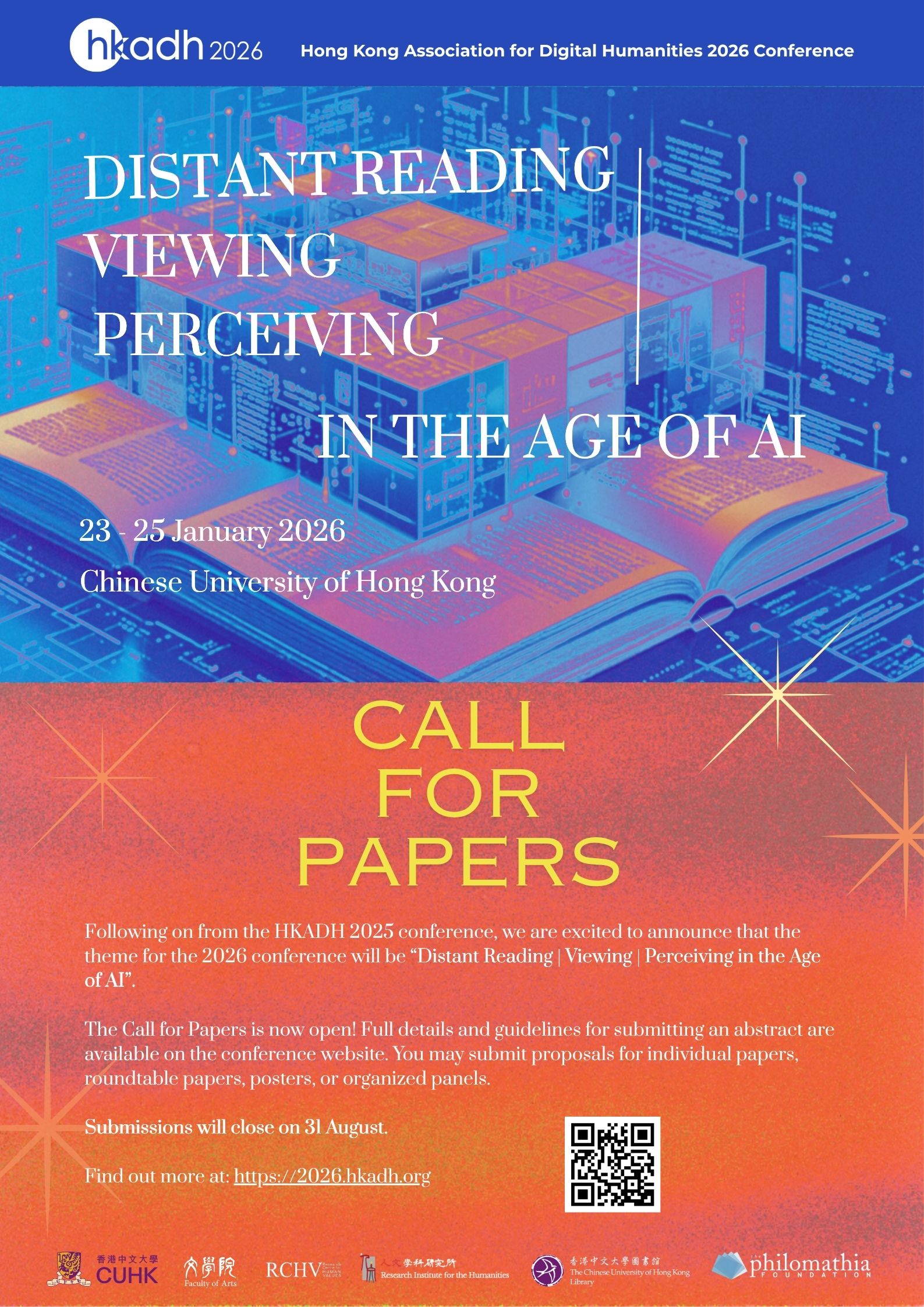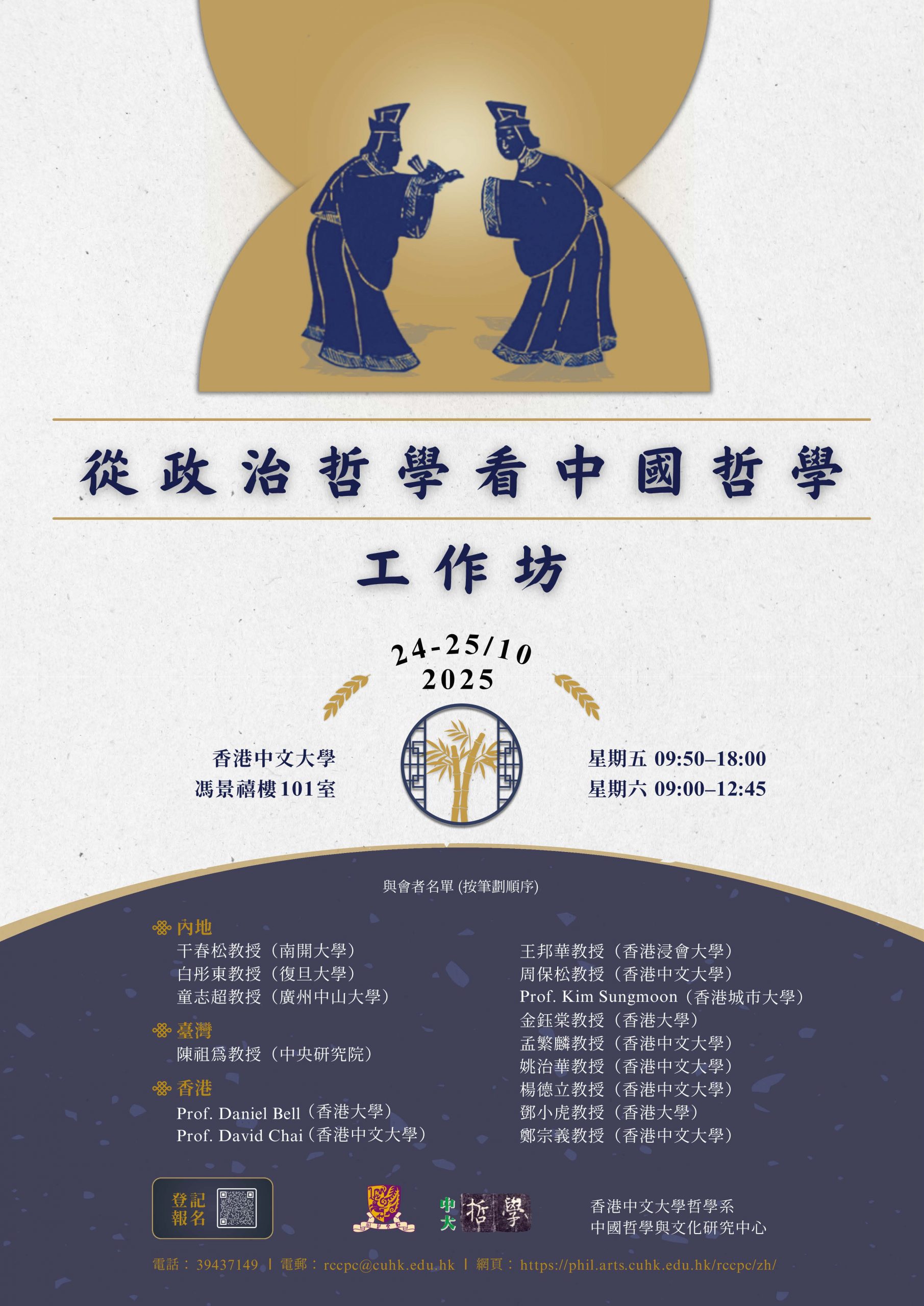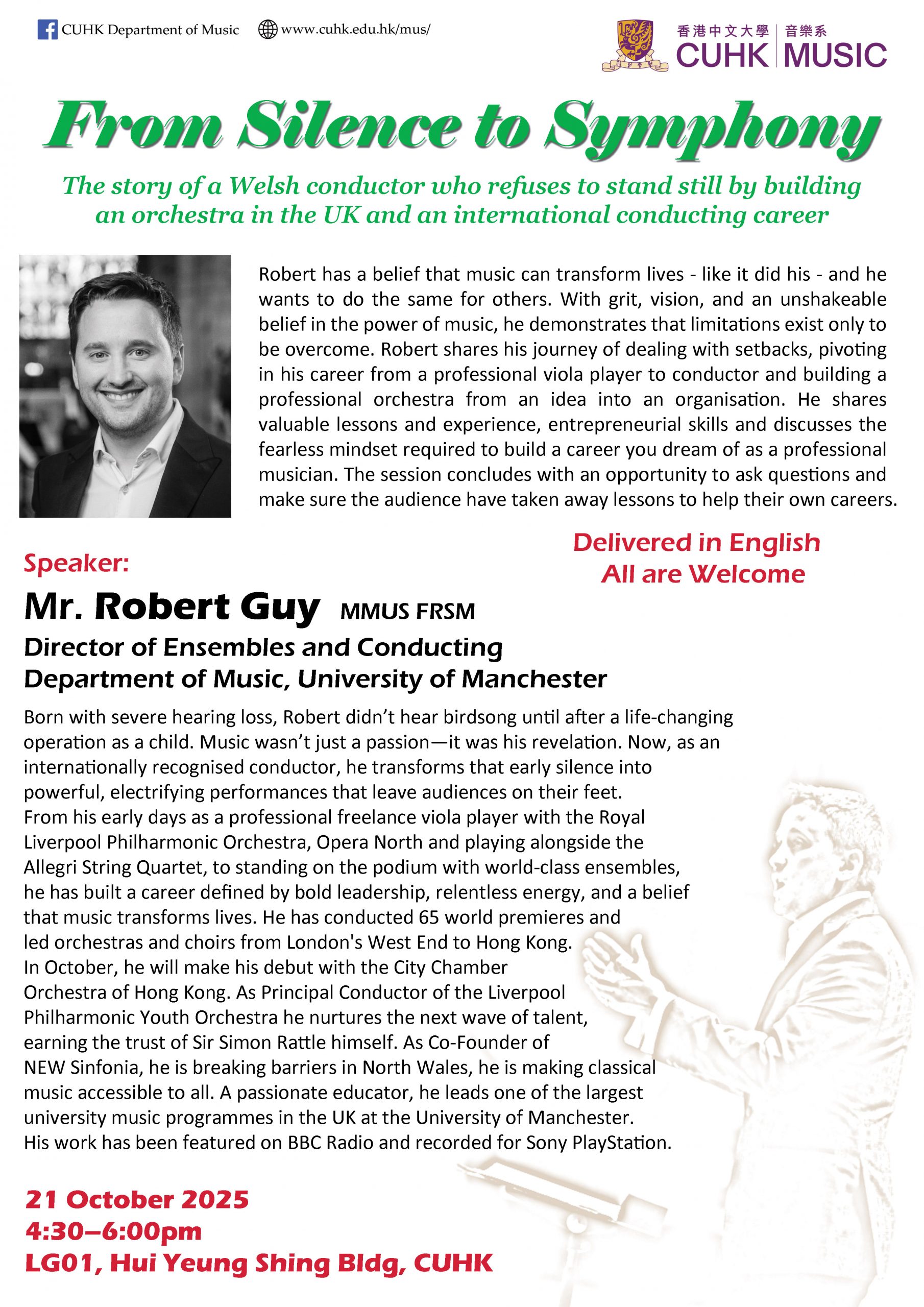
Keynote Speech:
Li Dongmu
Faculty of Literature, Bukkyo University
Li Dongmu, Professor at the Faculty of Literature, Bukkyo University, Japan, is a renowned Lu Xun scholar specializing in the intellectual and literary exchanges between modern China and Japan. Having studied under distinguished Japanese sinologists in his early years, he has long been dedicated to the translation, interpretation, and comparative study of Lu Xun’s works, with particular focus on the formation of Lu Xun’s thought during his study in Japan and its impact on East Asian intellectual circles. His major publications include Tracing the Origins of Lu Xun’s Spiritual History: “Evolution” and “Nation” and Tracing the Origins of Lu Xun’s Spiritual History: Individual, Madman, and National Character.
Presenters:
Yau Ting Kit, Department of Chinese Language and Literature, The Chinese University of Hong Kong
Song Shengquan, School of Liberal Arts, Renmin University of China
Li Zhe, Institute of Literature, Chinese Academy of Social Sciences
LEE Bogyeong, Department of Chinese Language and Literature, Kangwon National University
Ji Jianqing, Department of Chinese Language and Literature, Peking University
Lam Siu Hin, Department of Chinese, The Hang Seng University of Hong Kong
SOH Yoojin, Department of Chinese Language and Literature, Yonsei University
Yin Pengfei, School of Liberal Arts, Capital Normal University
Yuan Yidan, Department of Chinese Language and Literature, Peking University
Yuan Xianxin, Department of Chinese Language and Literature, Tsinghua University
Ma Xiaolu, Division of Humanities, The Hong Kong University of Science and Technology
Cui Wendong, Department of Chinese Language and Literature, The Chinese University of Hong Kong
Zhang Yufei, School of Liberal Arts, Northwest University
Chong Kang Wen, Department of Chinese Literature, National Taiwan University
Cheung Lik Kwan, Department of Chinese Language and Literature, The Chinese University of Hong Kong
Leung Mo Ling, School of Arts and Social Sciences, Hong Kong Metropolitan University
Kwok Sze Wing, Department of Chinese, The Hang Seng University of Hong Kong
In 1927, Lu Xun visited Hong Kong and delivered two lectures: The Silent China and The Old Tune Has Already Been Sung. Over the past century, Lu Xun has consistently held a pivotal position in the development of Hong Kong literature and literary education. However, faced with the overwhelming volume of existing Lu Xun research today, can we forge new paths and stimulate fresh inquiries? To what extent have Lu Xun’s literature and thought shaped modern China? How has his intellectual legacy evolved in Hong Kong, East Asia, and Southeast Asia?
To explore these questions, the Department of Chinese Language and Literature at The Chinese University of Hong Kong and the Institute of Modern Chinese Humanities at Peking University jointly present the The Fifth Joint Conference on Humanities for Young Scholars in Beijing and Hong Kong, with the theme “Lu Xun and His Legacy.” The conference brings together young scholars from Beijing and Hong Kong to share their latest research findings, alongside keynote speeches by senior scholars, collectively reflecting on Lu Xun’s significance across eras.
This symposium series is supported by the Beijing-Hong Kong University Alliance, which aims to foster academic exchange and scholarly dialogue between the two regions. Under the banner of the Beijing-Hong Kong Young Scholars Academic Symposium, the alliance seeks to sustain discussions on relevant themes. The first two symposia focused on modern intellectual and cultural history, with themes centered on “The Material Forms of Modern Thought and Emotional Media” and “The Formats of Books and Modes of Reading in Early Modern China.” Subsequently, the conference shifted to modern literary studies: the third symposium examined “Modern Literature in Cross-Cultural Contexts,” while the fourth explored “The Origins and Evolution of New Literature.” As the fifth installment, this symposium aspires to build on past achievements and open new frontiers in research.
Enquires
wendongcui@cuhk.edu.hk





